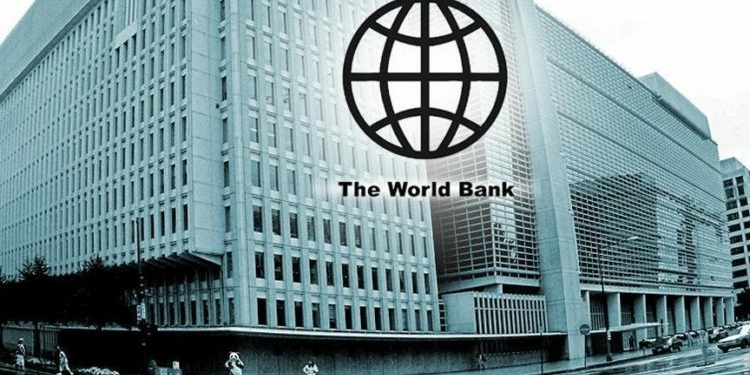The federal government has queried the accuracy of a World Bank report which indicated that 78 percent of power consumers in Nigeria get less than 12 hours of daily supply.
Recall that the World Bank’s Power Sector Recovery Program (PSRP) fact sheet disclosed that Nigeria has the highest number of people lacking electricity access in the world followed by the Democratic Republic of Congo (DCR).
Reacting to the report via a statement on Sunday, the special adviser to the president on infrastructure, Ahmad Zakari said it was unclear what empirical evidence the Bretton Woods institution used to arrive at the figures.
“It is inaccurate to make a blanket statement that 78 percent of Nigerians have less than 12 hours daily access. The data from NERC is that 55 percent of citizens connected to the grid are in tariff bands D and E which are less than 12 hours supply,” Zakari said.
“Those citizens are being fully subsidised to pre-September 2020 tariffs until Discos are able to improve supply.
“There is a N120bn CAPEX (capital expenditure) fund from the Central Bank of Nigeria (CBN) for Discos to improve infrastructure for these tariff classes similar to the metering programme that is ongoing.”
Zakari also kicked against a certain aspect of the report which stated that 58 percent of electricity consumers do not have meters to measure electricity use, dismissing the data as unverifiable.
“It is unclear who did this survey and what the timeframe is. All citizens that have got free meters report they are happy about the reform trajectory,” he said.
“To date, more than 600,000 meters have been delivered to DisCos out of the one million in phase 0 with installation ongoing. Meters are sourced locally and are creating jobs in installation and manufacturing/assembly.”
He clarified that service based tariff (SBT) ensures that citizens pay more only when and if they are receiving a high quality of service.
“All consumers have been communicated their bands and bands are published during billing. It is inconceivable that anyone would imply that 4 out of 5 Nigerians are not intelligent enough to understand tariff classes and what they are paying for,” he said.
Zakari explained that his office enjoyed a robust working relationship with the World Bank and was perplexed that such a report would be released without the input of other critical stakeholders.
“We have a good working relationship with the bank but metrics around the Nigerian power sector will come from the ministry of power, Nigerian Electricity Regulatory Commission (NERC) while the Central Bank of Nigeria (CBN) also regularly publishes intervention data,” he added.










Discussion about this post